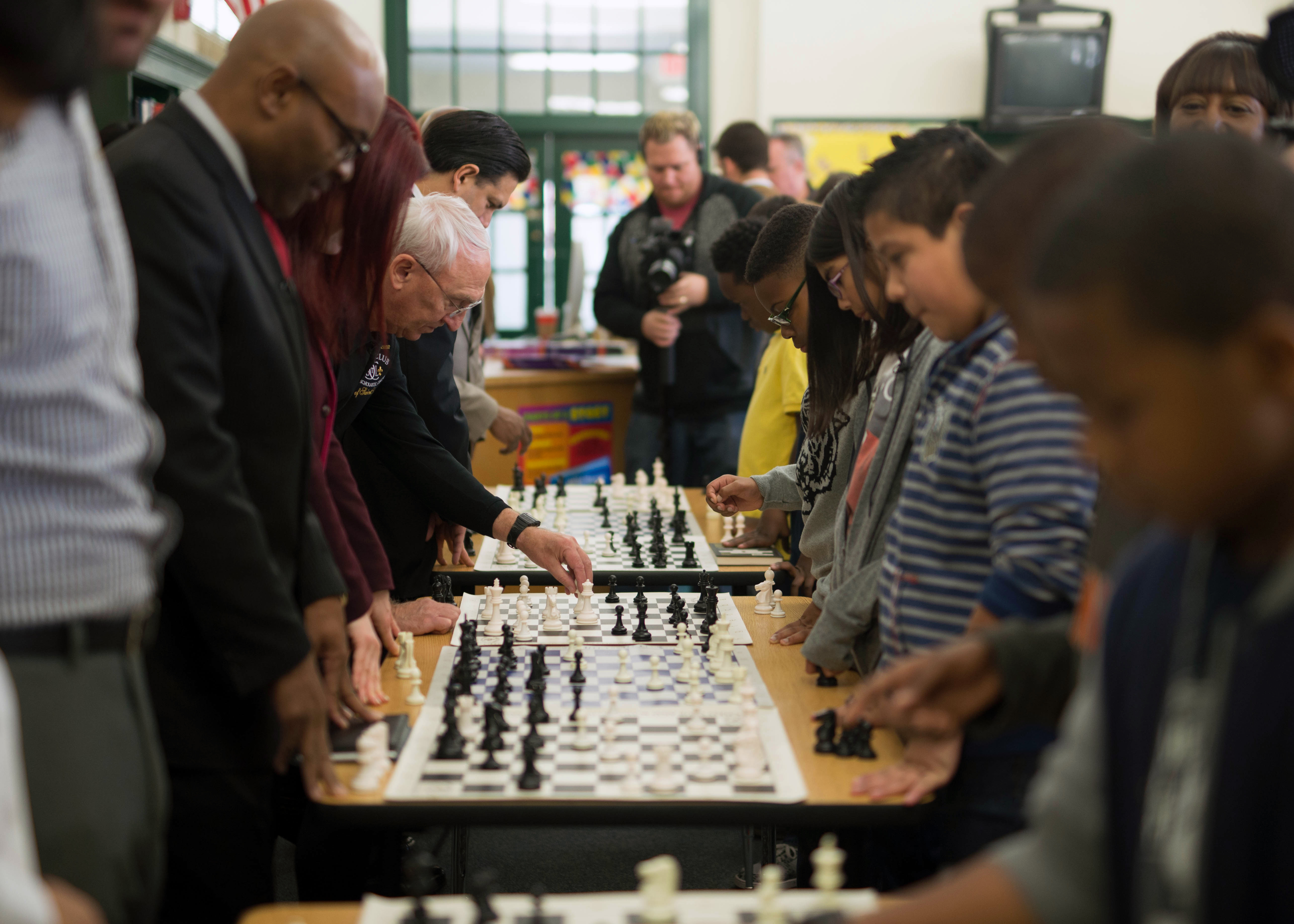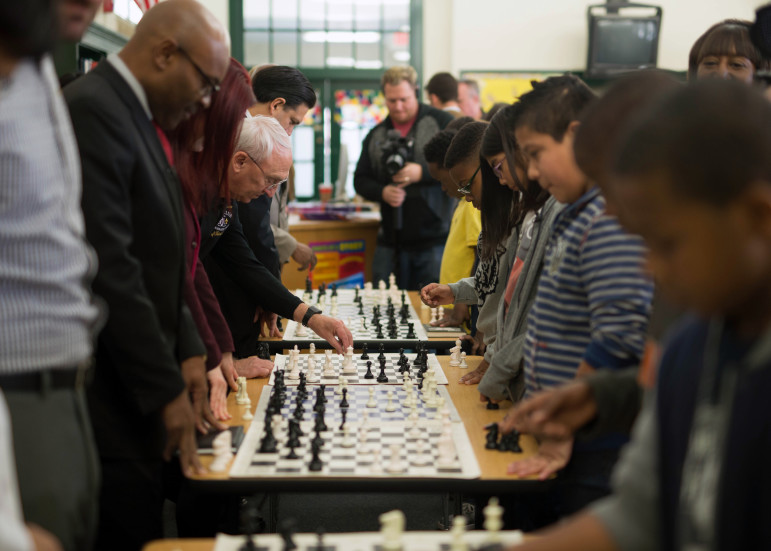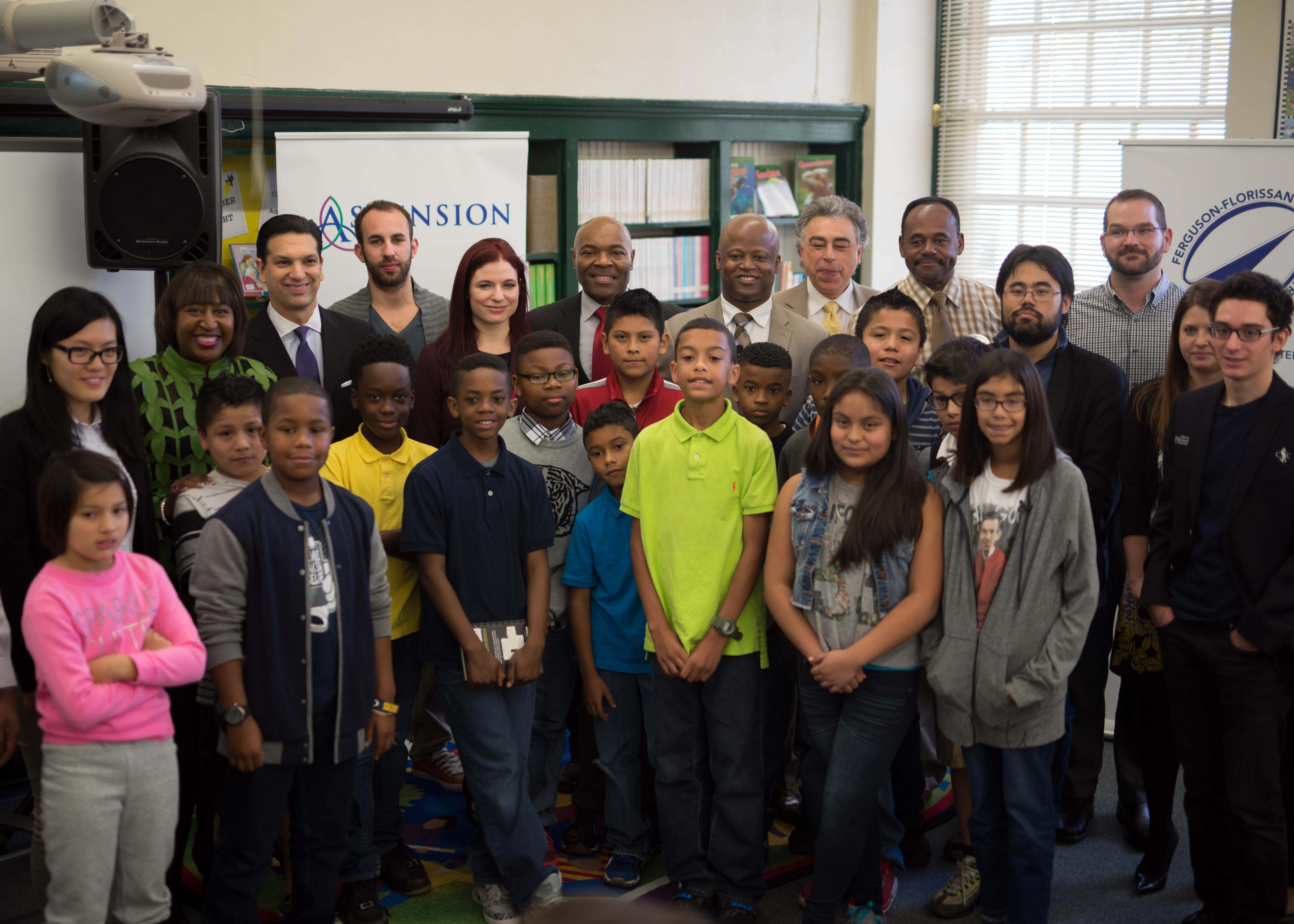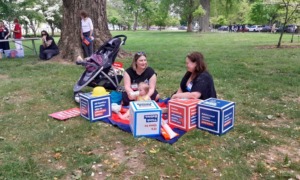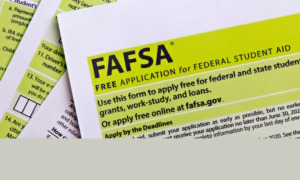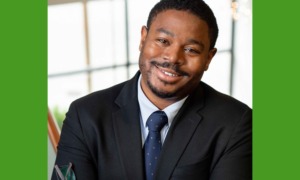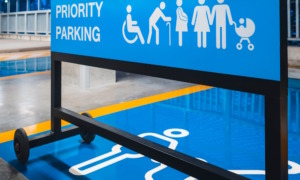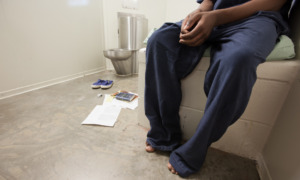As superintendent of the school district that serves Ferguson, Missouri, Joe Davis is keenly aware how the word “Ferguson” has become much more than just the name of a city on the outskirts of St. Louis.
“It has become code for so many other, often negative, concepts, actions and attitudes,” Davis said. Ferguson found itself at the center of worldwide attention last summer after the fatal police shooting of 18-year-old Michael Brown and the widespread protests and rioting that followed.
Though scars remain, Davis is optimistic that a new after-school chess program in his district’s 20 elementary and middle schools can help Ferguson heal and turn things around.
“By offering our students the opportunity to learn, play and compete at chess, we are offering our students much more than a diversion or another game,” Davis said. “We are offering opportunities to students, many of whom have had a limited exposure to the world beyond their neighborhood.”
The idea is that chess — with its emphasis on planning ahead and anticipating the consequences of each move — will positively impact student performance and behavior.
“We believe that through chess students’ critical and analytical thinking skills will improve,” Davis said. “Also, we believe that participating in chess will encourage students to read and increase their focus.”
The notion that a scholastic chess program can make such a positive impact is by no means limited to educators like Davis or communities like Ferguson. In school systems throughout the United States, chess is often presented as a transformative force that does all the things Davis hopes it will do and more for students who hail from families of lesser economic means.
Chess-in-the-Schools, a 30-year-old program that teaches chess during the school day to some 13,000 students in 51 New York City public schools that serve mostly low-income students, boasts that its participants are more likely than other students to attend school, solve conflicts peacefully and use their chess skills to “achieve academic success.”
The Ferguson-Florissant School District would undoubtedly welcome similar results. Its students are suspended more often and graduate less frequently than elsewhere in the state, according to data from the Missouri Department of Elementary and Secondary Education.
Leaders of scholastic chess programs say the Ferguson initiative can make a significant positive impact if it follows certain principles. But they also offer caveats about how many and what kind of academic and other benefits can reasonably be expected from an hour or so of chess each week after school.
Justin Ennis, executive director at the Philadelphia-based After School Activities Partnership (ASAP) said, “When applied with the right supervision and coaching under guidance, not necessarily the strongest chess players, but someone who knows how to nurture these kids, we’ve seen it have that transformational experience.”
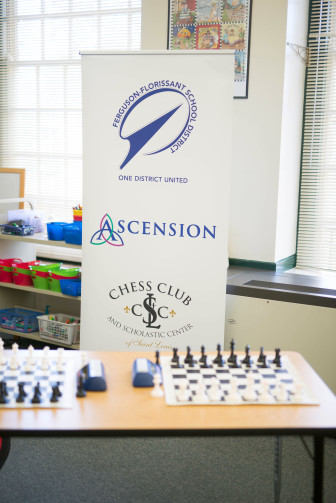 ASAP runs Philadelphia Youth Chess Challenge, which teaches 3,000 Philadelphia elementary, middle and high school students in 200 chess clubs throughout the Philadelphia school district.
ASAP runs Philadelphia Youth Chess Challenge, which teaches 3,000 Philadelphia elementary, middle and high school students in 200 chess clubs throughout the Philadelphia school district.
The after-school chess program in Ferguson — which costs $22,000 per semester for the Chess Club and Scholastic Center of St. Louis to administer for roughly 350 kids — was financed this semester by Ascension, a national Catholic nonprofit health care provider based in St. Louis, with a commitment to continue the program in the spring semester.
Nick Ragone, senior vice president and chief communications and marketing officer at Ascension, came up with the idea of getting Ascension involved after he had a conversation this summer with his 10-year-old son, Frankie.
“He asked me if all the schools in the St. Louis area have chess, like his school,” Ragone recounted. “I told him I didn’t know but I would look into it.”
Ragone called the Chess Club and Scholastic Center of St. Louis, where he and his family are members, and learned that “most schools don’t have a program.”
“So I conceived of the program, and the chief executive of Ascension quickly agreed to support it,” Ragone said. “It was really great to see it come together so quickly.”
[Related: In Class, Out of Court: How One School District Triumphed Over Truancy]
While Ascension is covering the cost this year, the company’s hope is to encourage other St. Louis-area businesses to make similar investments so the program can be expanded, Ragone said.
“Our goal is to bring after-school chess to all the schools in the region and hopefully take the program nationwide,” he said.
The program is run in collaboration with the Chess Club and Scholastic Center of St. Louis, which is providing instructors for the program.
Tony Rich, executive director of the Chess Club and Scholastic Center of St. Louis, said most of the instructors have backgrounds in education.
Though chess program participants in Ferguson only meet once per week, Davis is optimistic that it will still make a difference.
“The research shows that regardless of the amount of time spent participating there is an improvement in student academic performance,” Davis said, referring to a 2014 report that found that after-school chess programs had a “positive and statistically significant impact on student mathematics outcomes” as well as on cognitive thinking. The St. Louis chess center paid for the report.
The authors warned, however, that the results should be “interpreted cautiously given the small number of eligible studies that the pooled results encompass.”
“That’s the biggest challenge with chess research,” said Wendi Fischer, executive director of America’s Foundation for Chess, which developed a curriculum called First Move for second- and third-graders that is used in hundreds of schools around the country.
“The vast majority [of studies] do say there’s improvements of some sort, but they’re small groups, small sample sizes, they don’t run a control group,” Fischer said, lamenting that randomized control trials — considered the “gold standard” of research to determine the effectiveness of an intervention — are absent from chess research.
One of the reasons is because it’s difficult to get schools to agree to offer chess to some students and not to others in order to prove a point, “because parents don’t like that,” she said
“Nobody wants to take that on, where only half the kids get the program because they believe it’s a good thing,” Fischer said.
As part of the effort to gauge the academic impact of chess programs, two researchers — Michael Podgursky, an economics professor at the University of Missouri-Columbia, and Brian Kisida of the University of Arkansas — are working with the Chess Club and Scholastic Center of St. Louis to “help them demonstrate the impact of their after-school chess clubs.”
Kisida said they are creating a student-evaluation to see to what extent the students will gain “certain noncognitive and character skills, such as increased school engagement and enjoyment, higher feelings of self-efficacy, and increased self-control and determination.”
More specific to Ferguson, Kisida said he recently helped the chess center design some pre- and post-assessments to see if “there is any movement on these measures” between the start of the program and its conclusion this winter.
He said another evaluation will be done during the spring semester — one that could address the concerns raised by Fischer at America’s Foundation for Chess about the lack of randomized treatment and control group studies about the impact of chess.
“We also have a longer-term goal of conducting a rigorous longitudinal study of chess programs that are more sustained and intensive,” Kisida said.
The St. Louis chess center views itself as a partner in the mission of using chess to improve education.
Rich, the chess center’s executive director, said, “Our goal is to move the needle on academics, whether that’s reading and social studies, or it is math and science.”
Fischer said the Ferguson program’s objectives are good, but its approach is not the most effective. She said the in-school approach is better than the after-school approach because in-school programs reach all children whereas after-school programs are optional.
Fischer also questioned the wisdom of introducing chess in middle school as opposed to elementary school. The Ferguson program does both.
“Part of me would say middle school is too late,” she said.
But Ennis, of Philadelphia’s ASAP, had a different take.
His organization commissioned a study of its program several years ago by a professor of educational psychology at Temple University. The study looked at third- through eighth-grade chess players and found that they outperformed other students in reading and math on standardized tests, had significantly fewer absences and behaved better in school.
“The reason we wanted to do that [study] is the middle school years tend to be make-or-break years for kids,” Ennis said. “It’s a way to get them into something positive before they’re exposed to the greater dangers of the high school years.”
Ennis said the program must be sustained over years to be successful.
“Chess will capture the imagination of kids,” Ennis said. “Get kids involved in competition, things that are going to keep student interest high. That’s where your dividends pay off, not in year one but year four.”
Davis, the Ferguson schools chief, said teachers at three Ferguson schools plan to teach chess next semester, after they complete the first 10-week round of classes, but future funding for the overall program is uncertain.
“We anticipate more teachers will commit to teaching chess classes after they have participated in the program and developed more confidence,” Davis said. “Our challenge is accessing additional funds to compensate chess teachers from the Chess Club and Scholastic Center of St. Louis after the program is no longer supported by Ascension Health.”
More related articles:
Educators Say Transparency is Key to Getting Public Involved with Improving Schools
How After-school Programs Can Impact Kids’ Screen Time
‘Maker Movement’ Brings New Energy to Out-of-School Science and Art


